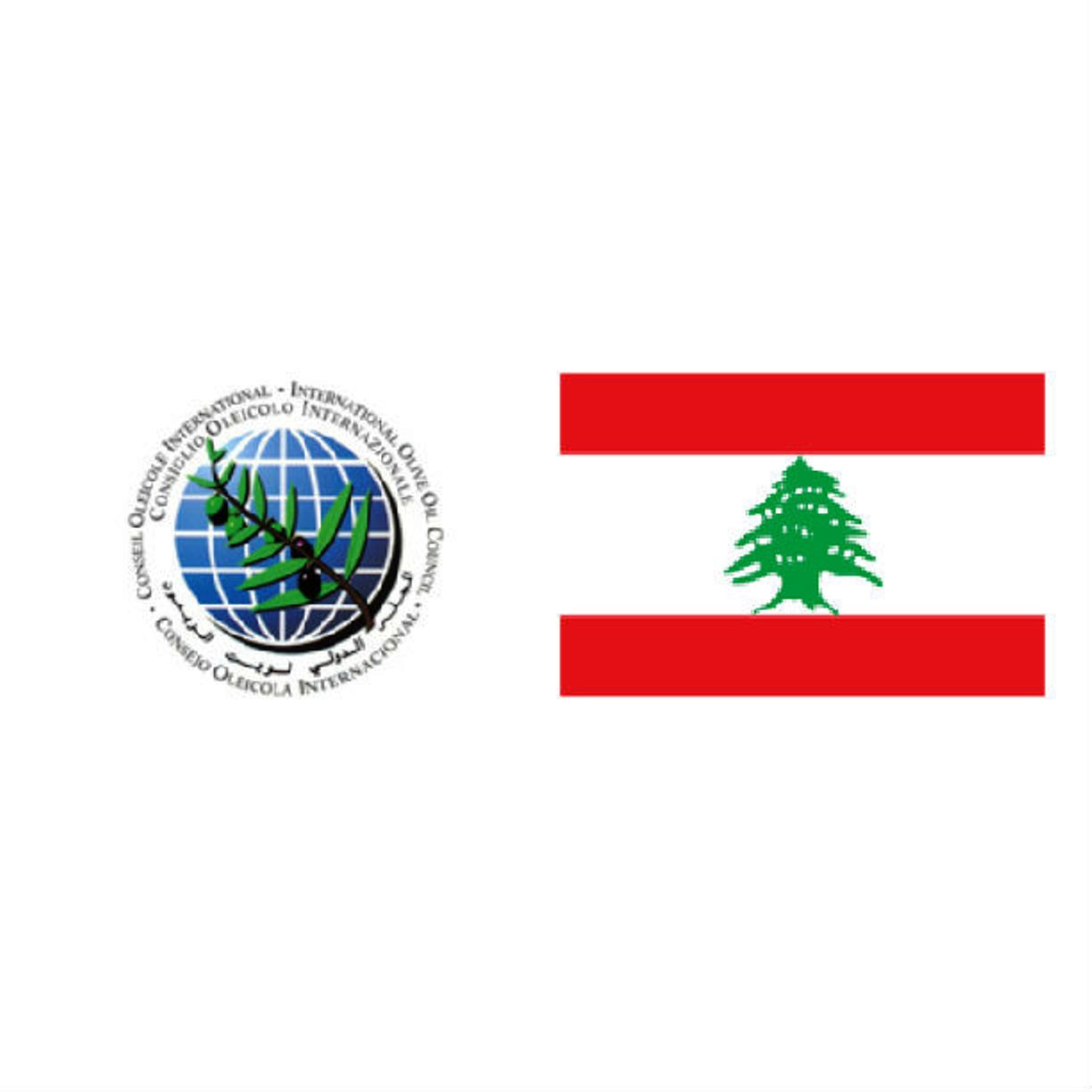The Executive Secretariat of the International Olive Council has just been notified by the Office of the United Nations in New York, the Depositary of the International Agreement on Olive Oil and Table Olives, 2015, that Lebanon deposited the instrument of acceptance of said Agreement on 7 July 2017, making the country a full Member of the International Olive Council.
Lebanon, which had already signed the Agreement on 2 December 2016, is an important country in the olive sector, with an olive growing area of more than 62 000 hectares, over some 200 000 olive orchards (more than 90% of which have surface areas of less than one hectare and only 15% of which are irrigated). More than 60% of the country’s olive trees are over 150 years old. Olive oil is a basic ingredient of Lebanese cuisine and it is produced in some 500 olive mills throughout the country. While the Lebanese production of olive oil and table olives both stood at 6 000 tonnes twenty years ago, they are today at approximately 20 000 tonnes.
At 7 July 2017, 13 countries had already signed the International Agreement on Olive Oil and Table Olives, 2015 (Algeria, Argentina, Israel, Jordan, Lebanon, Libya, Montenegro, Morocco, I.R. of Iran, Tunisia, Turkey, European Union and Uruguay). Of those countries, five had notified their provisional application of the Agreement (Algeria, Lebanon, Libya, Morocco and the European Union). Three countries had ratified, accepted or approved it, or had acceded to it definitively (Jordan, Palestine and Tunisia).
.









